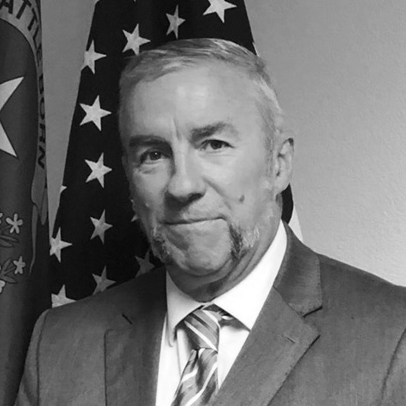Alan Cunningham, Nevada

How has the pandemic changed IT’s role with the State of Nevada?
It’s really encouraging how people in general have learned about technology and what technology can do. They’ve picked up the baton and run with it. We had all this technology beforehand. We had video conference, but there was never really any drive before to put together teams on an electronic platform. And they’ve really stepped up. Not just in IT, but in the attorney general’s office, courtrooms, legislative hearings. Would you have put a $1,000 bet that we would have remote budget hearings?
Maybe not. But what’s it going to look like afterward?
The first thing we have to do is acknowledge it’s not going back to a new normal. It’s going back to a new different. We’re not going to have all these people in a single building. We have team members who are 100% remote. It makes sense not just from a financial perspective, but there are things you need to put in place to support that. You have to be able to put in a team remotely, put in HR grievances remotely, apply for training. We need to take a good holistic look and figure out. There may be some quick wins on a financial perspective, but we need to look at this long term. Government is built for mediocrity. We’re not designed to be agile. We’re not designed to be innovative. But in the second and third quarters last year, contracts were done in days that would’ve taken months. Why is that not the norm?
So are you worried about government reverting to the pre-pandemic ways?
It’s happening already. We need to take a serious look at ourselves and say what was the difference between those two processes. What did we lose between the original and the emergency process, if anything?
Nevada’s interesting in that the state government is hundreds of miles away from Las Vegas, where three-quarters of the state lives. You also have a lot of small remote towns. Remote work seems like it’d be good.
It can improve services. What’s going to improve the lives of our citizens is having improved access to those services. We see advantages to mobile work. We have agencies like the DMV looking at virtual field offices. That’s going to be part of the new different. Connectivity is one of our biggest things. We have this huge digital inequity. It’s actually a huge analogy for the whole country. Why can’t I consume my government services the same way I consume Amazon? If I go to the DMV and change my license, that should change in taxation, change in health services, change in unemployment. That’s the expectation, but it’s not the reality. The sticking point is digital ID. There’s a lot of people who don’t want it. You have to sign on to 40 different websites to get stuff done.
You’ve been critical of Nevada’s federated setup. Do you think this past year will convince the state’s leaders to think about consolidation?
I would like to think so, but politically it’s a hot potato. There are economies of scale and plenty of examples of how money is saved and services are improved because of that orchestration. I tend to stay away from the centralization argument because it raises political hackles. We don’t have the tax revenues we had. If we can be upfront with our citizens, the majority of sound-minded people will be: “I can see that.” You hired me to do a job, this is how I’m doing the job.
This story is part of StateScoop & EdScoop’s special report on one year of the COVID-19 pandemic.






